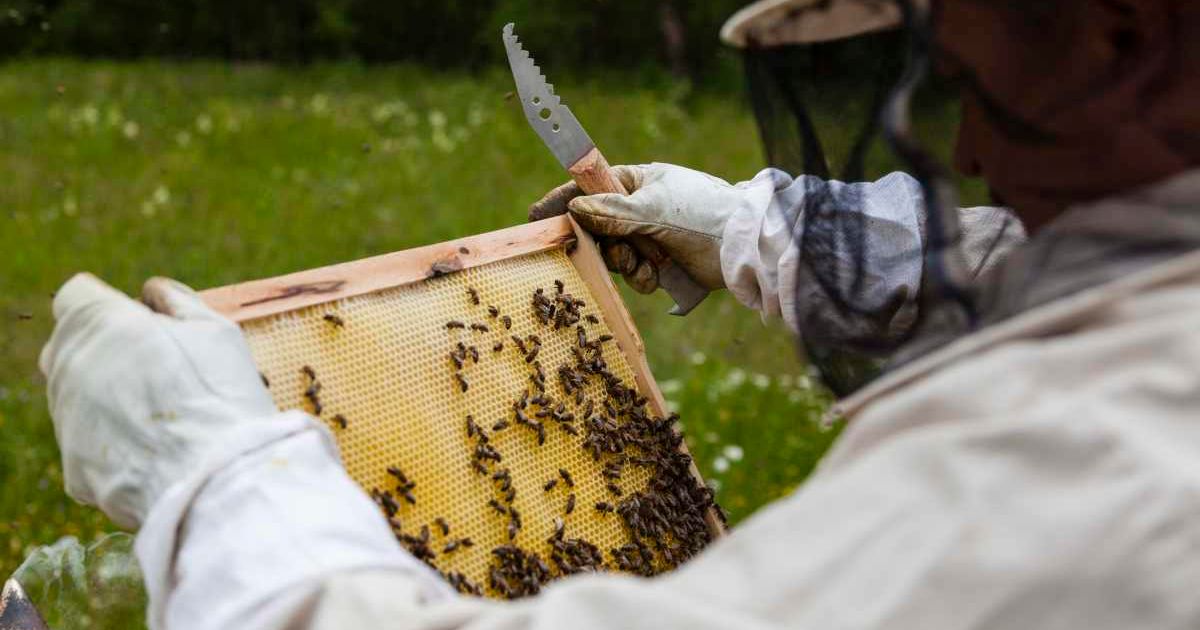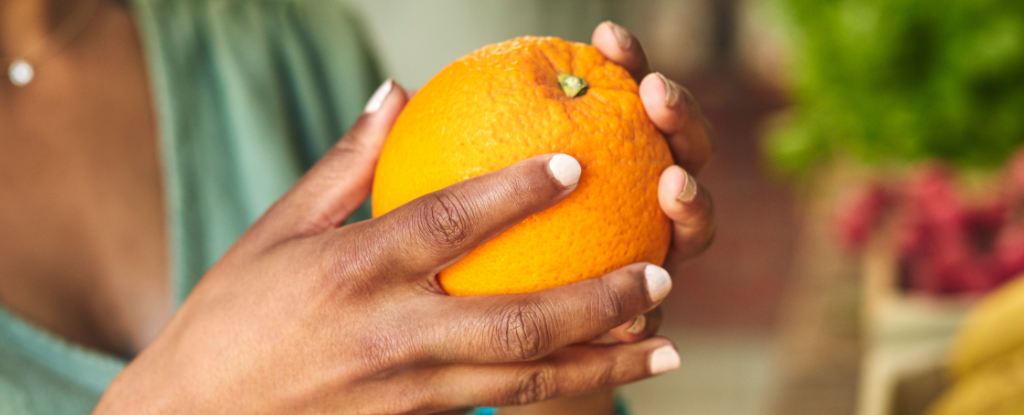
Experts believe the rapid decline in their population is driven by several natural and human-made threats.

Global politics don't feel particularly cooperative at the moment, but which countries could actually feed themselves independently if all international food trade shut down?

A new study has highlighted the possibility of major harvest failures caused by climate change in multiple global breadbaskets as the United Nations warned of a “dystopian future” without immediate action.

Climate change may affect the production of maize (corn) and wheat as early as 2030 under a high greenhouse gas emissions scenario, according to a new NASA study published in the journal, Nature Food.

Madagascar is experiencing levels of starvation at a scale described as “beyond belief”. 30,000 people are estimated to be experiencing the highest internationally recognized level of food insecurity, level 5, according to the UN.

Every person in the world is wasting about 500 calories of food a day, according to a new study. Without waste, we could feed five people instead of four. Reducing food waste is a key challenge in fighting climate change.

Olive trees across the Mediterranean have been hit by freak events that mirror climate change predictions – erratic rainfalls, early spring frosts, strong winds and summer droughts.

We can no longer feed our population a healthy diet while balancing planetary resources. For the first time in 200,000 years of human history, we are severely out of sync with the planet and Nature.

If everyone in the world were to eat the recommended amount of vegetables, fruit, and protein, there wouldn't be enough to go around. This finding comes from a new Canadian study.

Unabated climate change would bring devastating consequences to countries in Asia and the Pacific, which could severely affect their future growth, reverse current development gains, and degrade quality of life.

Corn is extremely sensitive to drought and since 2015 its production has fallen dramatically as a result of record-setting drought conditions across southern and eastern Africa.

The 2015-16 El Nino has likely reached its end. Tropical Pacific Ocean temperatures, trade winds, cloud and pressure patterns have all dropped back to near normal, although clearly the event's impacts around the globe are still being felt.